The March for Life, 2017
The Washington Post finally reported on the pro-life event this year.
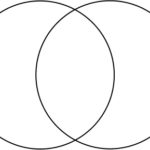 Compare and contrast is one of my favorite teaching methods.
Compare and contrast is one of my favorite teaching methods.
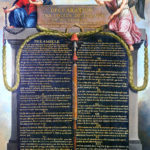 Teaching the biblical basis for government I have had students read The American Declaration of Independence (1776) and The French Declaration of the Rights of Man (1789). I asked students to notice similarities and differences between the documents.
Teaching the biblical basis for government I have had students read The American Declaration of Independence (1776) and The French Declaration of the Rights of Man (1789). I asked students to notice similarities and differences between the documents.
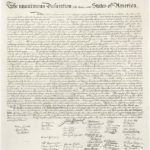 Students discovered the same ideas each time. The French document premised its authority on “the people” (or “citizens”). The American document based its authority on “Nature’s God,” “The Creator,” “The Supreme Judge of the world,” and “Divine Providence.”
Students discovered the same ideas each time. The French document premised its authority on “the people” (or “citizens”). The American document based its authority on “Nature’s God,” “The Creator,” “The Supreme Judge of the world,” and “Divine Providence.”
The French document concedes a “Supreme Being” but one who is only “present.” The French declaration says government “recognizes and declares the rights of citizens.” Notice it is the government (“the National Assembly”) which gives rights.
Students were surprised at the human-centered French document. Statement #6 always stood out:
“Law is the expression of the general will.”
 They would often ask after reflection, “If people are the sole authority—the “law”—how do we know which people should have authority?”
They would often ask after reflection, “If people are the sole authority—the “law”—how do we know which people should have authority?”
More reflection and discussion brought out the basic belief: the French declaration assumes humans are basically good and have the authority to grant rights.
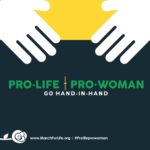 But what happens when people disagree? Who grants “rights” then? And if I’m in authority, don’t I get to decide who gets rights and whose rights get taken away?
But what happens when people disagree? Who grants “rights” then? And if I’m in authority, don’t I get to decide who gets rights and whose rights get taken away?
The room always fell silent when I told them that 30,000 people were killed—their right to life taken away—during the French Revolution. They were considered “enemies of the state.”
To summarize:
If rights are given by government, government can take away rights.
If rights are given by God, government’s role is to protect those rights.
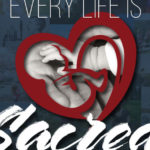 “Reproductive rights” and “reproductive justice” are phrases used today by those who want to decide their rights. Pro-choice advocates say only the woman should decide to keep or kill her baby.
“Reproductive rights” and “reproductive justice” are phrases used today by those who want to decide their rights. Pro-choice advocates say only the woman should decide to keep or kill her baby.
If humans are the authority, they can decide their own rights, making any pregnancy choice they desire.
If rights are my “choice,” then my choices can be imposed on an unborn child without restraint.
The word “choice” comes from the middle ages: To taste or try, a willful selection based on preference or individual option.
Here is my definition: choice is bowing to the altar of self.
 As my nephew Ethan has pointed out, abortion is the obvious outcome of a culture obsessed with self. If I make my own rights, then I can make my own choices. But if my choices are limited by God-given rights, then my choices are limited and my rights are held in tension with my responsibilities.
As my nephew Ethan has pointed out, abortion is the obvious outcome of a culture obsessed with self. If I make my own rights, then I can make my own choices. But if my choices are limited by God-given rights, then my choices are limited and my rights are held in tension with my responsibilities.
 Over 55 million American children have been killed through abortion since the Roe v Wade Supreme Court decision of 1973. The unborn have become the new “enemies of the state.” We are a nation, much like the French, wanting our authority, our rights, and our choices.
Over 55 million American children have been killed through abortion since the Roe v Wade Supreme Court decision of 1973. The unborn have become the new “enemies of the state.” We are a nation, much like the French, wanting our authority, our rights, and our choices.
Who or what do you worship?
What options exist for the origin of rights?
What is the authority for being pro-choice or pro-life?
 Mark believes that we must stand together for two beliefs: life and freedom. Dr. Mark Eckel is President of The Comenius Institute and writes every January in support of The March for Life.
Mark believes that we must stand together for two beliefs: life and freedom. Dr. Mark Eckel is President of The Comenius Institute and writes every January in support of The March for Life.
Picture credits: Washington Post, March for Life, Ethan Renoe, Wikipedia




